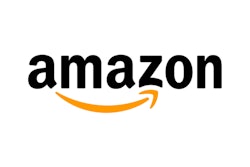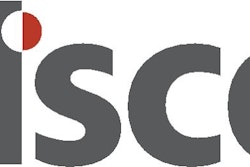
Tradeshift has partnered with FRDM (formerly Made In A Free World) to help businesses detect and mitigate human trafficking within their global supply chains. The FRDM-developed app, built on the Tradeshift platform, enriches the entire Tradeshift ecosystem by allowing any business on the Tradeshift platform to simply turn on the app to start monitoring human trafficking. FRDM makes it easier for internal stakeholders to persuade CIOs, CPOs and CMOs to start treating supply chain slavery as an essential corporate medicine to take for the health of their entire supply chain.
The app allows companies to create an early detection of supply chain risk in human trafficking, bringing the most comprehensive forced labor database analytics capability to Tradeshift's innovative supply chain network. The app is easy to activate and use on day one and doesn't require any integration. It is also specifically designed to analyze purchase data, atomize risks and protect corporate values while ensuring compliance with international regulations. With FRDM, Tradeshift users can trace and monitor social risks at every level of their supply chain, from raw materials to finished goods. The application combines global trade flow data with supplier and purchase level details to provide enterprises with multi-tiered visibility.
"We provide a platform for a community of businesses and consumers to buy better through the use of FRDM," says Justin Dillion, CEO of FRDM. "This idea started in 2011 when the organization I founded partnered with the U.S. State Department to build the Slavery Footprint platform, combining product data with consumer purchase data to provide footprints of close to 30 million people worldwide. In joining with Tradeshift, we aim to make these tools available to the world's most influential corporations. Consumers, investors and governments expect companies to act on this."
With an estimated 16 million slave laborers layered into global supply chains, legislation from around the world requires businesses to provide transparency into their operations by reporting on the actions they are taking to address modern slavery in their business and supply chain.
"No company ever says that slavery-based revenue is okay," says Tradeshift CEO Christian Lanng. "But companies still don't take action because it's just too complicated to marry the analytics with the purchasing decisions. We believe that making this step frictionless is not just a compliance question from a business operations perspective, but, more importantly, a fundamental moral issue. And it's one that must be resolved. We can help do that and this partnership is confirmation of our commitment."














